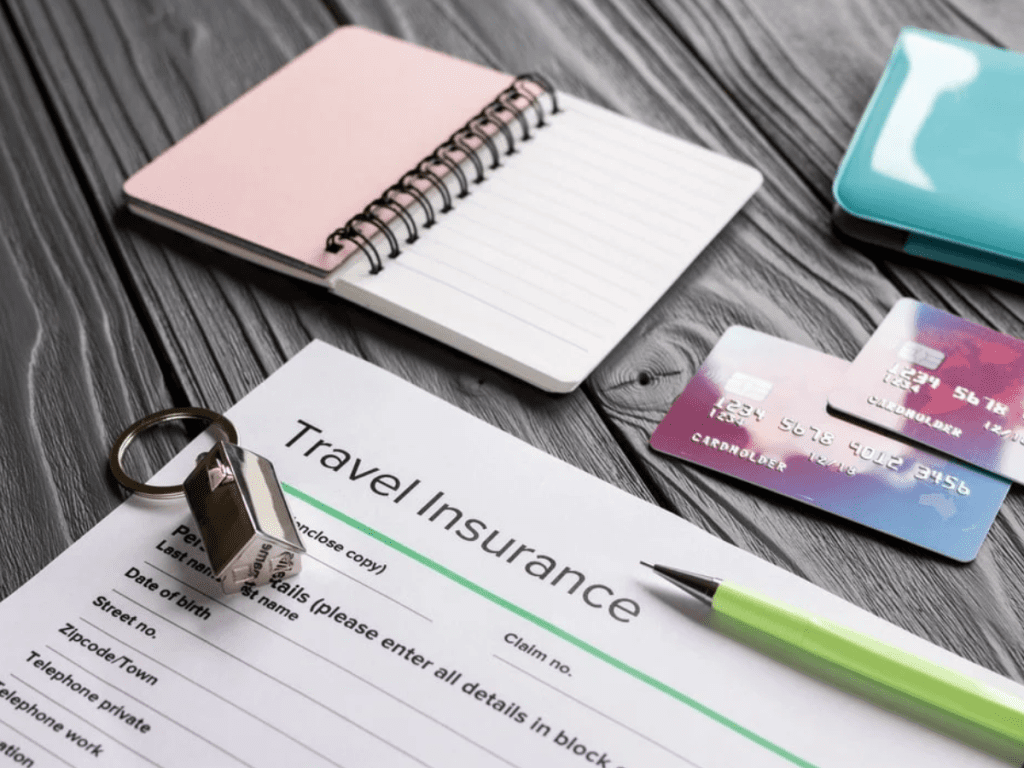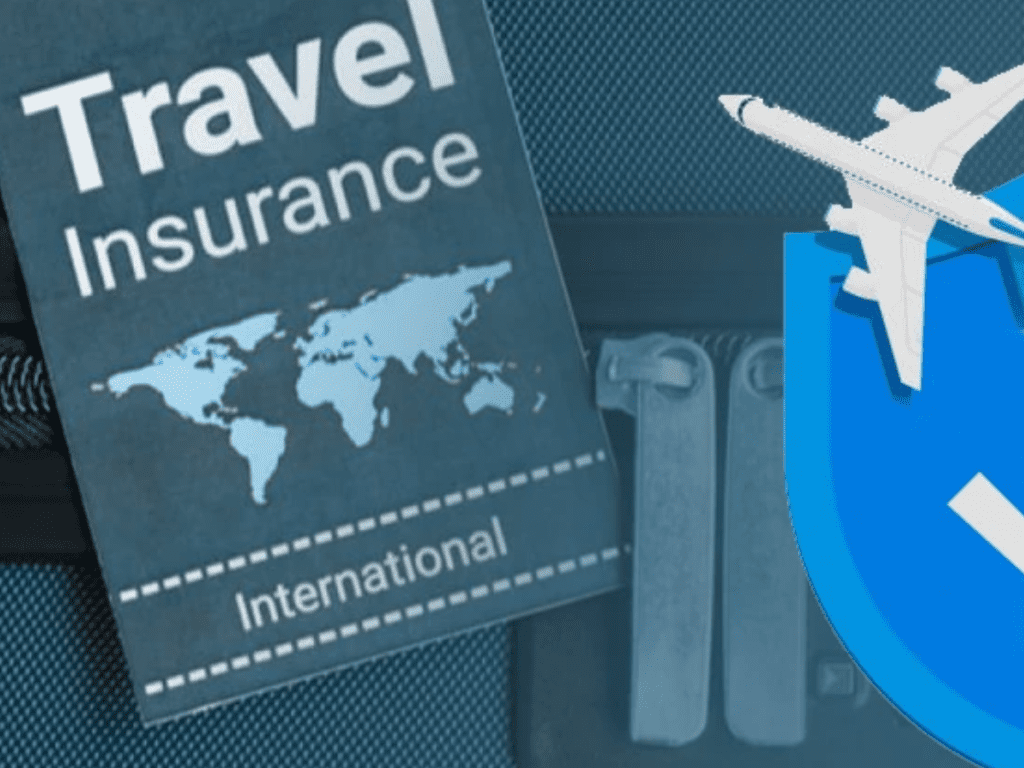Introduction
Traveling, whether for business or leisure, can be an exciting and enriching experience. However, it’s important to recognize that, despite careful planning, emergencies can occur. In these situations, travel insurance can offer vital protection. Travel insurance provides a safety net, ensuring that unexpected events do not derail your journey or cause you financial hardship. In this article, we will discuss the top 5 emergency scenarios that travel insurance can protect you from and explain how it can offer peace of mind during your travels.
1. Medical Emergencies
One of the most critical reasons for purchasing travel insurance is to protect yourself against medical emergencies that may arise during your trip. Whether it’s a sudden illness, an accident, or an ongoing medical condition that flares up, medical emergencies can be both emotionally and financially draining.
Without travel insurance, the costs associated with medical treatment abroad can be astronomical. Many countries have high healthcare costs for foreigners, and without coverage, you may find yourself responsible for thousands of dollars in medical expenses. This includes hospital stays, doctor visits, surgery, and even emergency medical evacuations, which can be needed if you require treatment not available at the location you are traveling to.
Travel insurance with medical coverage often includes emergency medical evacuation, which can be a lifesaver in situations where medical care is not available locally. For example, if you are injured while trekking in a remote area, a medical evacuation policy can cover the cost of transporting you to a hospital where you can receive proper care.
In addition, travel insurance often covers prescription medications, emergency dental treatment, and even medical repatriation—returning you to your home country for further treatment if necessary. All of these aspects make medical coverage an essential component of travel insurance.
2. Trip Cancellations and Interruptions
While most travelers focus on what could go wrong during their trip, trip cancellations or interruptions before or during the journey are common reasons for using travel insurance.
Unexpected circumstances can force you to cancel or cut short your trip. This could be due to a personal emergency, such as a family member’s illness or death, or unforeseen events like natural disasters or political unrest. Travel insurance typically covers trip cancellation costs if you are forced to cancel your trip for specific reasons outlined in the policy.
For example, if you are suddenly ill and cannot travel or your travel companion becomes seriously sick, trip cancellation insurance would reimburse you for the non-refundable costs of flights, accommodation, and tours. Likewise, if a natural disaster strikes, like a hurricane or an earthquake, and disrupts your travel plans, trip interruption insurance can cover additional costs such as rebooking flights, hotels, and activities.
The coverage for trip cancellations and interruptions ensures that you do not lose the money you have spent on the trip, which can be a significant financial setback if no insurance is in place.
3. Lost, Stolen, or Damaged Luggage
Another scenario where travel insurance is invaluable is when your luggage is lost, stolen, or damaged during your trip. Travelers often pack important personal items, such as clothing, electronics, and toiletries, and losing these items can cause unnecessary stress and disruption. In some cases, luggage can be delayed for hours or even days, further complicating your trip.
Travel insurance typically covers reimbursement for lost, stolen, or damaged baggage and belongings, allowing you to replace essential items without bearing the full financial burden.
For example, if your checked luggage is lost during a flight, travel insurance can reimburse you for the cost of purchasing clothing and toiletries while the airline works to return your luggage. If your luggage is permanently lost or damaged beyond repair, the insurance policy may cover the replacement costs of personal items.
In the case of stolen items, such as cameras or electronics, many travel insurance policies will reimburse you up to a specific amount for the loss. This is particularly useful when traveling to areas known for higher rates of theft. Additionally, travel insurance often includes coverage for baggage delays, ensuring you are compensated for the inconvenience caused by delays in receiving your belongings.
4. Flight Delays and Missed Connections
Flight delays and missed connections are common travel disruptions that can lead to significant inconvenience, especially when dealing with tight schedules or long-distance flights. There are many reasons for flight delays, including weather conditions, technical issues, or air traffic control problems. When your flight is delayed or you miss a connection, the resulting expenses can add up quickly.
Travel insurance can provide compensation for expenses incurred due to delays or missed connections. This can include reimbursement for meals, accommodations, and transportation if you are stranded at an airport due to a delay. Many policies also cover the cost of rebooking missed flights or providing alternate transportation to ensure you reach your destination as quickly as possible.
In cases where the delay or missed connection causes you to miss a significant portion of your trip or scheduled activities, travel insurance may offer reimbursement for the lost portion of your trip. This is particularly useful for travelers who have paid for non-refundable tours or accommodations that cannot be rescheduled.
5. Travel Delays Due to Natural Disasters or Terrorist Attacks
While most travelers focus on the usual travel disruptions, some of the most unpredictable and serious emergencies involve natural disasters or terrorist attacks. These events can cause widespread devastation and affect large regions, resulting in travel disruptions. Whether it’s an earthquake, hurricane, flood, or civil unrest, these unforeseen events can leave you stranded, unable to proceed with your travel plans.
Travel insurance can provide coverage for delays caused by natural disasters, terrorist attacks, or civil unrest. In such cases, the policy will often reimburse you for additional expenses like accommodation and meals while you wait for the situation to resolve or until it is safe to continue your journey.
For example, if a terrorist attack occurs near your destination and your flight is canceled, travel insurance can cover the cost of returning home or traveling to an alternative destination. Similarly, if a natural disaster impacts the area where you are staying, forcing you to evacuate, insurance can cover the costs of emergency accommodations and transport.
In some cases, policies may even offer the option of canceling the trip or rescheduling it without incurring financial loss if the event causes widespread disruption to travel routes or accommodations. This flexibility allows travelers to feel secure, knowing that they will not be financially burdened by situations beyond their control.
Conclusion
Travel insurance serves as a crucial safety net for all types of travelers. The five emergency scenarios discussed—medical emergencies, trip cancellations and interruptions, lost or damaged luggage, flight delays and missed connections, and travel disruptions caused by natural disasters or terrorist attacks—highlight the importance of having comprehensive coverage when traveling.
When purchasing travel insurance, it is important to read the policy details carefully to understand the specific coverage it offers and the scenarios it protects against. Coverage can vary greatly from one provider to another, so choosing the right plan that fits your travel needs and destinations is key.
Ultimately, travel insurance provides a sense of security, knowing that you are financially protected from the unexpected. Whether you are taking a short weekend getaway or a long international adventure, travel insurance ensures that you can focus on enjoying your trip without the worry of what could go wrong. By being prepared, you can confidently handle emergencies and continue your journey with peace of mind.

